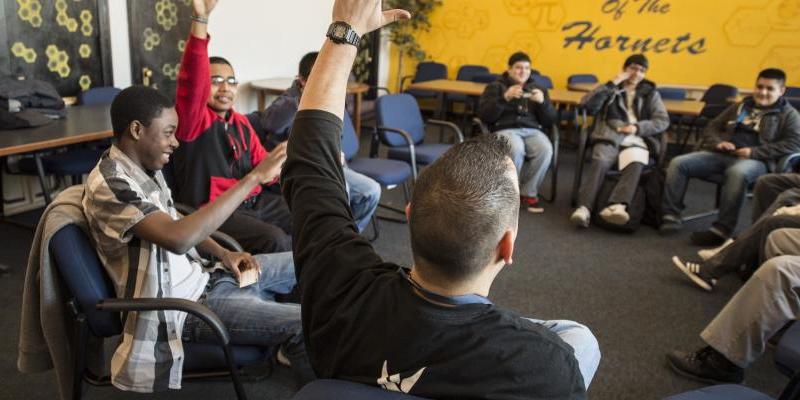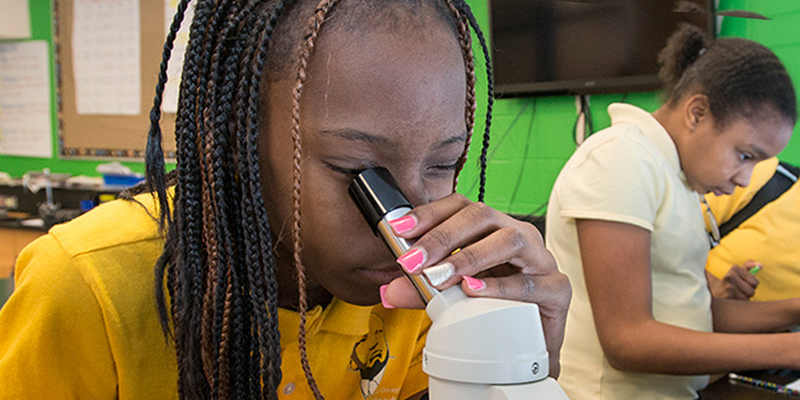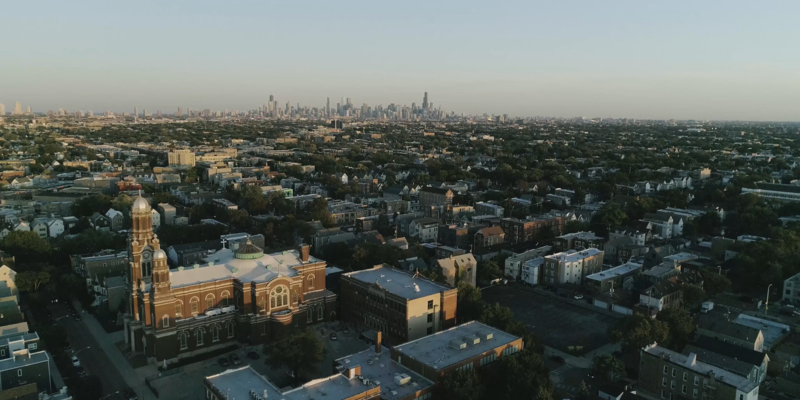Health and Housing
Rates of homelessness and housing instability continue to rise in the United States as housing prices increase and incomes stagnate. Housing resources are limited and often have strict eligibility criteria, complicated application processes, and long waitlists that hinder those who need services from receiving them. Access to safe and stable housing is a key social determinant of health (SDOH) and has a major impact on people’s physical and mental health and wellbeing. Housing challenges are often exacerbated for people with complex medical needs, including those with serious mental illness (SMI), physical health conditions, or advanced age. Lacking stable housing can also cause crises that result in people cycling between multiple systems, including hospitals, homeless services, and jails. This cycling can continue at great personal and societal cost.
The University of Chicago Health Lab seeks to improve housing and health outcomes for people with complex needs by 1) conducting rigorous evaluations of promising resources and interventions; 2) using data to better identify and understand those most at risk and explore potential solutions; and 3) providing technical assistance to organizations serving people experiencing housing instability or homelessness. Health Lab brings a depth of experience in providing evaluation and technical assistance services for housing-related interventions, programs, and policies.
Projects:
- The Roommates Project: Achieving Wellbeing for Older Adults through Roommate Matching, Housing, and Wraparound Supports
- Critical Time Intervention Multisite Evaluation (CTIME)





